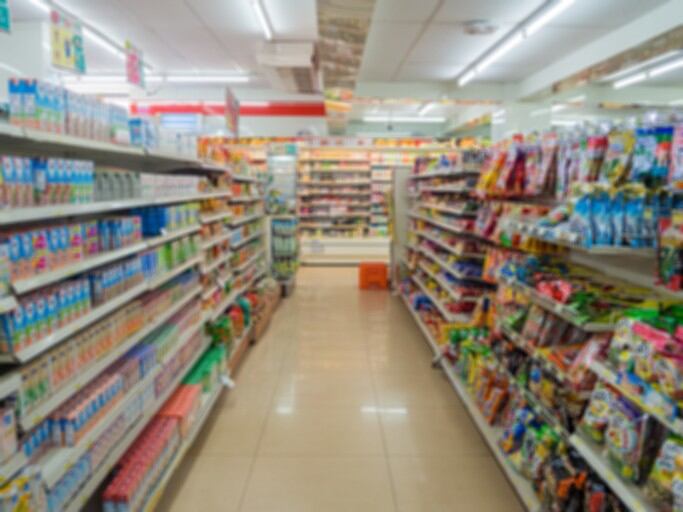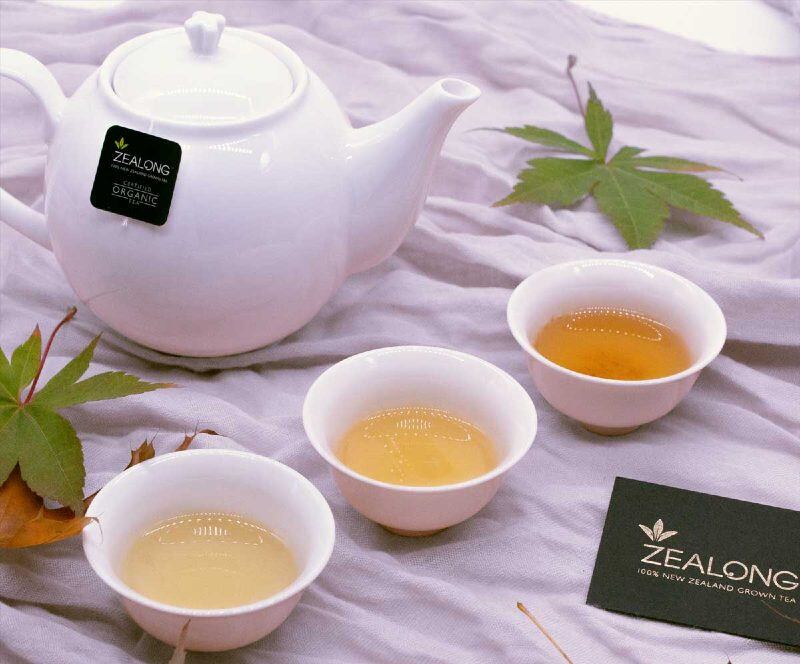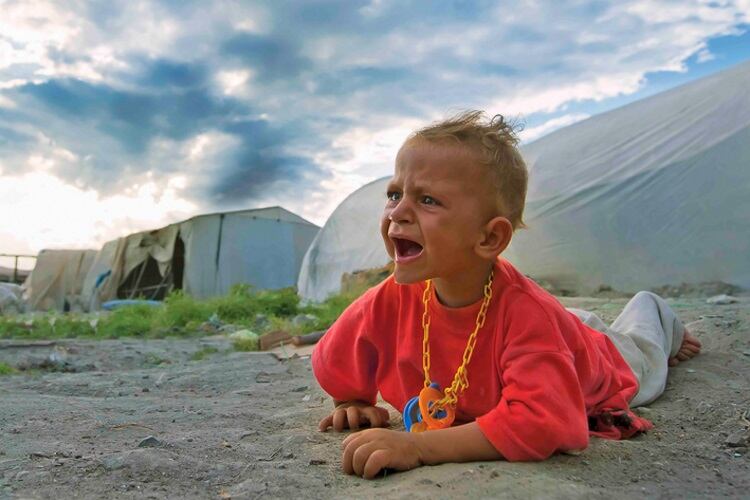Premium push: UAE’s IBFI aims to take on global competitors with upmarket soda range
The UAE’s largest soda firm International Beverage and Filling Industries (IBFI) has expanded its beverage portfolio with a premium soda range as it strives to compete with global players.
The UAE-based company is best known for its the Star brand of beverages including fruit drinks, water, soda and carbonated soft drinks.
CEO Ahmed Bayoumi said the new premium range, marketed as Star’s Signature Series, would help it compete with international brands.
“We wanted to introduce a more premium offering that would compete with international brands like Schweppes, both from a product and packaging point of view.
“IBFI is the number one soda player in UAE by volume, and we expect to offer our current consumers a more premium experience, and at the same time, attract new customers through these premium offerings who perhaps in the past were not satisfied with the range that was available.”
Emirati Coffee pivots to retail during pandemic, outlines export strategy in Saudi Arabia and China
UAE speciality coffee roastery Emirati Coffee a is switching to a 50-50 strategy combining retail and food service on the back of strong online sales amid the COVID-19 pandemic.
Pre-pandemic, 90% of the roastery business was in wholesale, supplying coffee beans to over 150 cafes and coffee chains in UAE and internationally, with the other 10% in retail. Its retail products initially comprise of coffee beans, but now include coffee capsules and instant products.
The company revealed a 3,135% increase in online purchases in the year 2020 amid the pandemic, which was sufficient evidence for Emirati Coffee to place more focus on its retail channels.
“The majority of our wholesale clients were cafes and coffee shops, but during the pandemic people stayed home and tourism dipped, so we became 100% dependent on retail,” said Mohamed Ali AlMadfai, CEO at Emirati Coffee.
Egypt listeria testing: Bacteria most commonly detected in meat, fish, sausages and milk
Listeria monocytogenes was most commonly detected in minced meat, fish fillet, sausage and raw milk, according to a test of 250 food samples collected from the Menoufiya governorate in Egypt.
Furthermore, 6.8% of ready-to-eat food products were tested with L. monocytogenes.
L monocytogenes is a foodborne pathogen associated with high hospitalisation and food-borne illness outbreaks. It primarily enters the human food chain through contaminated meat and chicken products.
In this research partially funded by Taif University in Saudi Arabia and published in the Foods journal, academics wrote: “This study demonstrates the impact of L. monocytogenes as a major contaminant of various food products and the need for more attention about the awareness and hygienic measures in the food industry.”
Dairy disruption: Upfield launches vegan cheese brand Violife in Middle East following Flora foray
Upfield is launching its plant-based cheese brand Violife into the Middle East, following the introduction of its Flora spread last year, with Asia markets set to follow suit.
Violife is a vegan, allergen-free alternative range to dairy cheese, and will be available in slices, blocks, grated and creamy in original, cheddar and mozzarella flavours.
The products are sold to food service as well as retail sectors across the UAE, Saudi Arabia, Qatar, Oman and Bahrain.
Upfield’s brands including Flora, Rama, Blue Band and Proactiv.
Go digital or go home: Why Middle East F&B firms must hasten tech transformation to compete for post-COVID-19 growth
Food and beverage manufacturing firms in the Middle East have been urged by a panel of experts to upgrade their digital capabilities post-haste in the wake of increased industry challenges brought on by the COVID-19 pandemic or risk falling out of the race.
Digitalisation has become an increasingly important topic in the region as of late, especially after Vice President, Prime Minister and Ruler of Dubai His Highness Sheikh Mohammed bin Rashid Al Maktoum recently announced ‘Operation 300bn’, a 10-year strategy to increase industrial contribution to the UAE’s GDP to AED300 billion by 2031.
The food and beverage sector has been recognised as a crucial part of this industrial plan given that the UAE F&B sector is estimated at a healthy US$20bn currently, and with this the government is also pushing for local F&B manufacturing firms to more rapidly adopt digitalisation in their operations.
“The local food and beverage industry is only expected to grow ever faster given our strong foundation and driving factors such as increasing populations and high disposable incomes, so the [F&B industry needs to evolve] to remain competitive,” Dubai Industries and Exports Deputy CEO Mohammed Ali Al Kamali said.





